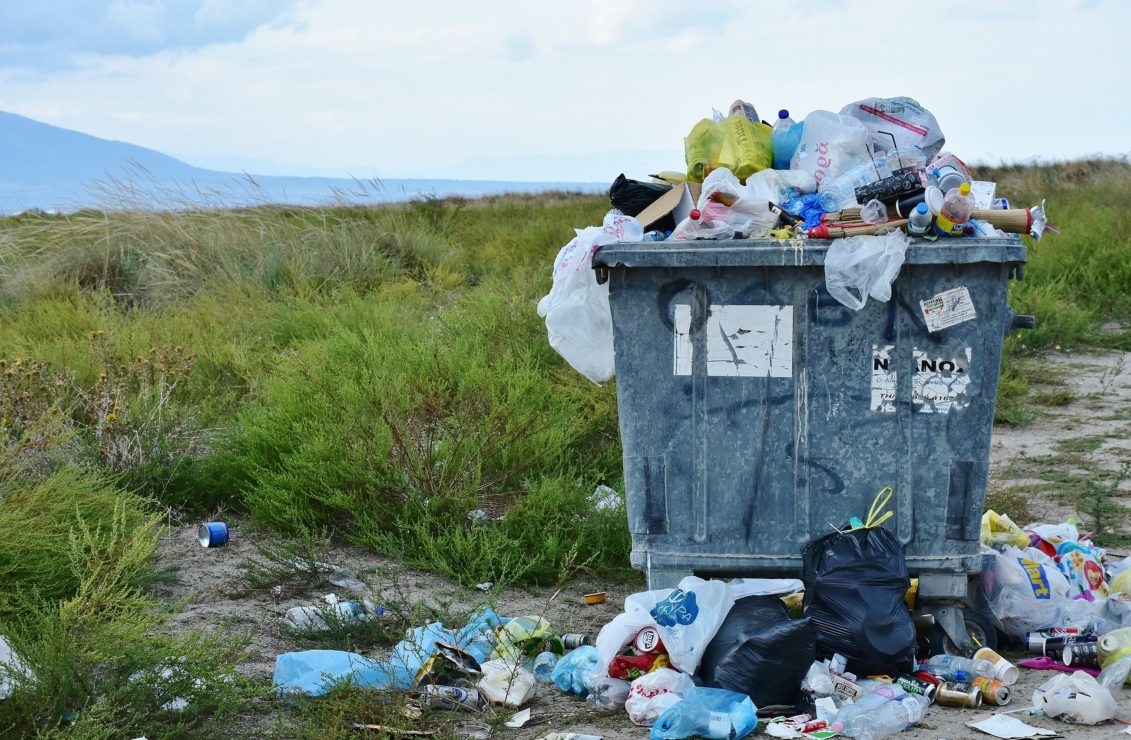
Thanks to demand from eco-conscious consumers in Victoria, compostable plastics are popping up everywhere. But there’s a catch: all compostable plastics are ending up in landfills, where they cannot decompose. Research shows that compostable plastics are far from “eco-conscious.”
Like most people I know in Victoria, I have been lining my compost bin with compostable plastic bags. When the product is labelled “compostable,” one can only assume that these bags will decompose. Compostable plastics are supposed to provide all the benefits of conventional plastics with none of the environmental impact. In reality, however, compostable plastics are just as much of a pollutant as conventional plastics, if not more so.
I started to question the use of compostable plastics when I heard that my hometown of Squamish had banned them from their compost collection service. I discovered that waste management in Squamish will not collect compost if there are any compostable plastics in people’s bins. This is because Squamish does not have the kind of industrial composting facility needed to break down these plastics. Unfortunately, neither does most of B.C.
Contrary to popular belief, it is actually very difficult to breakdown compostable plastics. They are made from polylactic acid (PLA), which derives from fermented starches. The lactic acid is chained together to produce a tough, flexible molecule that can be melted into plastic. PLA-based plastic needs to be eaten by bacteria to decompose, which can only happen after being kept at 65°C for at least 30 days. These kinds of conditions only happen in specialized industrial composting facilities.
Sadly, these facilities are hard to come by. Victoria’s compost program does not accept compostable plastics, and neither does Metro Vancouver’s. Nanaimo is an exception to the rule and does accept compostable plastics. However, other municipalities are forced to separate the “compostable” plastics from the compost and ship them to a landfill.
Filling landfills with compostable plastic is harmful to the environment for many reasons, the main one being that compostable plastics cannot break down in landfills due to the lack of oxygen. Compostable plastics that do decompose anaerobically (without oxygen) release methane, a greenhouse gas that can absorb at least 30 times more heat than carbon dioxide. Both outcomes are detrimental to the health of the environment.
We cannot recycle these plastics either. Like every other plastic, PLAs can only be recycled once they’ve been separated from all other types of plastics. But PLAs are very hard to distinguish from other kinds of plastics. To address this problem, devices have been made specifically to tell PLAs apart from conventional plastics, but they are expensive and there are typically not enough compostable plastics in a load of compost to warrant purchasing such a device.
The research is unanimous: compostable plastics are only effective where appropriate composting facilities are available. Otherwise, these plastics are no better for the environment than conventional products. Victoria does not have one of these facilities, so all compostable plastics in Victoria end up in landfills. By using compostable plastics, you are using a product that is taking up already limited space in landfills, releasing methane gas into the atmosphere, and contaminating recycled plastics.
The only real solution we have right now is to cut back on our single-use plastics, no matter how they are labelled. We need to treat compostable plastics with the same disdain we treat conventional plastics. All the compostable plastics that we use are destined for a landfill, where they could take around 1 000 years to break down. Instead of lining your compost bin with compostable plastic bags, use newspaper or no liner at all. For the time being, compostable plastics are no better than any others.







